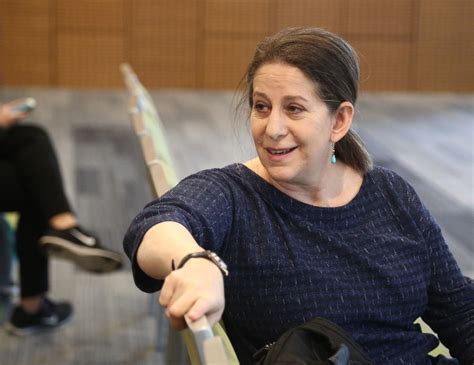A Quote by David E. Sanger
American officials sometimes dig into corporations because they are suspected to be witting or unwitting suppliers of technology to the North Koreans or the Iranians.
Related Quotes
In contrast, Western historians, and those in South Korea, say the North attacked the South on June 25, 1950. Both sides agree that after the war began, the North Korean Army captured Seoul in three days and pushed as far south as Pusan before American troops arrived to drive back the North Koreans nearly as far north as the border to China.
The North Korean Communists are implacably pursuing their military buildup in defiance of the international trend toward rapprochement and of the stark reality of the Korean situation, as well as of the long-cherished aspiration of the 50 million Koreans. The North Koreans have already constructed a number of underground invasion tunnels across the Demilitarized Zone.
There is reason to say that negotiations with the North Koreans are not easy, they may not succeed, but they may be a way of getting to where we want to get to, limiting the capability of the North Koreans to do harm to us and our allies without the use of military force and without the risk of a major war in Northeast Asia.
I think the Russians basically don't think the North Koreans and the Iranians have the capabilities to get weapon systems that can threaten them, or that if they do the Russians know how to handle them and that that's the reason that it's all the more important that Russians be involved in the sale of high-end conventional weapons, the Bushehr nuclear reactor in the case of Russia and Iran, and similar kinds of relationships.





























